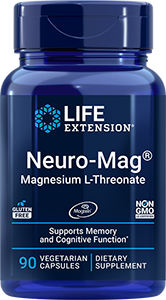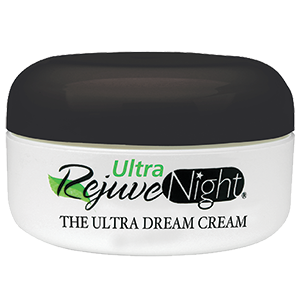- Science & Research
- Science News
- Newsletter
- 2013
- July 19

Newsletter
Newsletter
Reduced Vitamin D Levels Associated With Infection In ICU Patients
Reduced vitamin D levels associated with infection in ICU patients
Friday, July 19, 2013. A study conducted by Korean researchers, published in the June 2013 issue of Neural Regeneration Research, revealed a greater risk of deficient serum levels of vitamin D in patients who had undergone treatment at a neurosurgical intensive care unit (ICU). Je Hoon Jeong, MD, PhD, of Soon Chun Hyang University Bucheon Hospital and colleagues evaluated serum 25-hydroxyvitamin D and 1,25-dihydroxyvitamin D in 55 men and women who were hospitalized at a neurosurgical ICU. The results of blood testing for white blood cell count and neutrophil percentage indicated suspected infection in 15 patients, which was confirmed by sputum, urine or blood bacterial culture in ten patients. Two weeks after ICU admission, average serum 25-hydroxyvitamin D levels decreased to deficient levels defined as less than 10 nanograms per milliliter (ng/mL) and serum 1,25-dihydroxyvitamin D levels became deficient after four weeks. The researchers observed a trend toward increased white blood cell counts and neutrophil percentages in association with declining levels of vitamin D. In comparison with subjects who did not have signs of infection, serum 25-hydroxyvitamin D levels were significantly lower in both those with suspected and confirmed infection at all time points up to 28 days following admission. The authors note that research has demonstrated a role for vitamin D in regulating normal innate and adaptive immunity, and that the active form of the vitamin has been shown to stimulate the innate immune system by elevating the production of interleukin-1 and increasing the proliferation of monocytes (a type of white blood cell). "Vitamin D supplementation has been demonstrated to yield good effects for infectious diseases including pneumonia," they write. "The optimal dosage of vitamin D required to both normalize the deficiency observed in the intensive care unit setting and potentially have a favorable effect on infection and other outcomes is currently unknown and requires further study." "Future studies should clarify whether vitamin D supplementation can improve survival in patients admitted to the neurosurgical intensive care unit," they conclude. | ||||||||||||||||
 | ||||||||||||||||
| ||||||||||||||||
| ||||||||||||||||
 | ||||||||||||||||
| ||||||||||||||||
Ceraphyl® is a registered trademark of International Specialty Products. QuSome® is a registered trademark of BioZone Laboratories, Inc. | ||||||||||||||||
The latest news on aging, nutrition, and vitamins
Lab
Testing
How Life Extension lab testing works











